The basics of your personal branding: strengths and weaknesses
It is not the first time that we have talked about personal branding on these pages, today we want to underline how important it is, even before getting to work on your website, on your social networks, on your clothing and so on, to concentrate first of all on your focus (ne we'll talk in the coming days) and immediately after on their strengths. And it goes without saying, even on your own weaknesses.
Sounds easy, but it's not at all. Because we invest a lot of time thinking about what to eat tonight, what we could have answered to this or that know-it-all customer, why we order a certain pizza instead of another... Despite all this time wasted thinking lightly if not completely superfluous, we don't waste even a minute thinking seriously about our strengths, the real ones that can actually be spent.
It is a generalized thing: it is no coincidence that recruiters, during job interviews, always find themselves in the paradoxical situation of embarrassing candidates with the questions - in themselves - the simplest in the world, or rather - precisely – «What are your strengths?» and "What are your weaknesses?"
In short, the recruiters are not wrong-footing the candidate with an absurd question about Myanmar's hydrography or the old quantum theory. They are on the contrary of very easy questions, which focus on the person the candidate should know most in the world: himself. An alien would in no way be able to understand the candidate's difficulty, the seconds of silence, the spasmodic fiddling with his shirt cuffs in finding a suitable answer. Yet it is exactly like this: these questions, in most cases, open a half-crisis during the job interview. Either you don't know how to answer, or you always answer with the usual cliches, which recruiters hear the same day after day.
Knowing one's strengths and weaknesses, as anticipated, however, is not only important for those looking for a new job, but also for those who are preparing to build their personal branding effectively. The reason is immediately explained: developing a personal brand means identifying one's uniqueness and communicating them to others in a coherent way, so as to convince one's audience of one's abilities, standing out above one's competitors. And, of course, your strengths are the main things to leverage.
Identify your strengths.
But what are the strengths? Well, it can be said that these are a mix of skills, talent and knowledge, they are qualities that allow us to perform certain activities in the best possible way and to effectively face specific challenges, in order to be able to achieve our professional and personal goals. Being able to identify what we excel at, what are the activities in which we manage to do better than others without particular efforts, can help us understand what to focus on in our profession: the student who for years, during high school, has given excellent grades in mathematics and mediocre marks in literature, he shouldn't think twice about opting for a degree in engineering or statistics rather than a course in Romance philology or comparative literature. So far there is no doubt, right?
This should also work in real life. The problem is that, in our normal personal and professional life, we don't have a board of professors intent on evaluating our various skills and achievements. No: nobody is ready to identify our strengths in a precise way, we have to do it, through what we could define as a short path of awareness. At the end of this path - which does not include meditations, incense or yoga sessions, mind you - you will have a clear understanding of the main tools in your tool bag. And yes, you could earn - where missing - a few points regarding self-esteem.
Hence, in order to find your strengths, you should do a bit like that marketing team who sits down at a table around the object to be promoted, looking for its best aspects, to be printed in full view on the packaging and in TV commercials. In short, you must try to look at yourself from the outside, perhaps starting from your professional and academic past. What was your greatest success? In which situations did you stand out among all, bringing home a result superior to that of the others? Here, focus on these moments, and try to understand what drove you towards success on those occasions. And take note!
Now think about how other people you work with or have worked with see you. Think about when and why these people rely on you, and think in particular about what role you have or have had within the various work teams. Why were you chosen to carry out those tasks? And did you succeed? Again, take note.
Think now of adversity. And here I mean any adversity, all the obstacles that have come your way in recent years, in your personal and professional life, to reach the path interrupted by a landslide during that trip to the mountains with friends, or perhaps to that time when, upon entering a new client's company for a meeting, you realized you had left the USB stick with the slides in the office. Well, think about it: how did you react to these situations? What skills did you bring to bear to try to overcome those obstacles? Did you succeed? Did you come anywhere close? At this point, mind you, it does matter whether or not you were able to get the better of a problem, but above all the choices you made matter, regardless of success or failure.
By now you should already have some idea about your main strengths. But you can go further, to select your main strengths. For example, think about which skills you tend to rely on frequently during your daily activities. Don't limit yourself. Are you fast or slow (and accurate) when you wash the dishes? When driving through traffic, do you tend to lose your temper at every intersection, or do you use the situation to listen to a podcast? When your turn comes to the gate at the airport, do you find yourself with a printed ticket, open passport and perfect suitcase, or do you block the line because you can't find your ID, because the ticket is crumpled and because your suitcase is too big? In short, think about your normal life, the facts of every day, and list all the strengths that come to light more frequently.
For everything else… well, those might just be your main weaknesses. But we'll get to these shortly: for now, take a piece of paper and write in black and white what your main strengths are. Write 5 of them, not too many, not too few, and in the next few days make an effort to understand if those are really your strong points, possibly questioning partners, friends, relatives and colleagues about them.
Identify your weaknesses
Now that we've seen how to identify our strengths, let's see how to find out what our weaknesses are. Why on earth would you waste time identifying your weaknesses? Because, let's face it, it's certainly nice to think about the things that are good for us, and that, indeed, we know how to do better than others. It's not as pleasant, however, to think about the things we don't know how to do, the situations we don't know how to handle, the small and big failures we've known in the past.
Yet in our daily life, from time to time, we bring to mind our limits. But we certainly don't do it with a constructive purpose, on the contrary: when we mention our shortcomings we tend to criticize our work, or again, and above all, to dwell on past mistakes, for something that may seem pure self-harm.
Instead, I propose that you think about your weaknesses in a constructive way, to understand what your focus is and therefore to build your personal branding in a truly effective and coherent way.
Before starting to understand how to identify your shortcomings, it should be emphasized that there can be a lot of weaknesses that we shouldn't care too much about. Think, for example, of a person who doesn't have the slightest ear for music, and is as in tune as a frying pan falling down the stairs. That weakness could certainly be a limitation if that person wants to pursue a career in music, if he wants to join a rock band or if he associates with people who, as their main interest, have music. But if that person weren't interested in music at all, if they carried out a job that has nothing to do with the world of notes, and if in their group of acquaintances they thought of anything else (sports, cooking, travelling) well, that defect would have no concrete relevance.
In short, there are important weaknesses and less important weaknesses, even regardless of what the specific deficiency is. Some need work. Others, on the other hand, can be left as they are: the important thing is to know that they exist, so as not to mess up themselves. In short, it is better to know that you suffer from vertigo before tackling the climb of an overhanging rock face. You can always improve, of course, but it's not bad either to know your aptitudes in order to take priority on the paths that can bring us positive results. Indeed, as personnel selection specialists say, “turkeys can learn to climb trees, but if you get a squirrel they will certainly be much more successful”.
That said, let's try to figure out what your weaknesses are. The first step is pretty obvious: you should just think about what your 'known' weaknesses are. Surely you have a handful of them, without racking your brain too much: this is because in fact we tend to be more aware of our shortcomings than when we are of our strengths. Our limits, from a certain point of view, are more clearly outlined than our strengths. Have you thought about what are your most explicit weaknesses, the ones you are already absolutely aware of? Well, take note: our goal, from here on out, will be to swell the ranks of that more or less small group a little.
Now think about the occasions when you happened to work as a team. Don't limit yourself to just the last few occasions: think of all the times you've found yourself in a team, trying to achieve a shared goal. What role did you carve out for yourself in those teams? And what kind of role have you always avoided in these cases?
Let's go ahead, and let's go a little deeper. Think of an obstacle, something that stands between you and your personal or professional goal. What factor could lead you to a probable surrender? What, in short, would convince you to drop your weapons and retire, coming out defeated? Too heavy a workload? The hypothesis of having to speak in public? The possibility of having to make an economic investment without the certainty of a return?
Well, now let's get back to reality. Don't imagine an abstract obstacle: instead think of something that has already hindered you in the past. Better yet: think about what your biggest failure was, and think about what was the factor that led to your defeat. Could that particular thing lead you again, even today, to the same nefarious result?
Finally, you should ask other people what they think are your weaknesses. It's not always easy to find a good number of people who can help you in this regard: you need people who know you well, who are absolutely sincere - without fear of hurting you - but not excessively brutal. In short, don't ask a work colleague with whom you've never been in tune with and with whom you've often had complaints: driven by a certain acrimony towards you, he could overplay his hand, identifying weaknesses that you don't actually have at all. But don't even ask your granny, who will most likely be convinced that she has a perfect grandchild, ready to be elected President of the Republic.
After you have 'interviewed' your acquaintances – friends, colleagues, relatives – you can also add the weaknesses they propose. They will most likely repeat some of the weaknesses you have already identified, but they will almost certainly also tell you something new.
Good: now you have two lists, one of your strengths and another of your weaknesses. This is the starting point for identifying your focus, and therefore for building your personal branding: all you have to do is think about your passions and, of course, your skills!
When you subscribe to the blog, we will send you an e-mail when there are new updates on the site so you wouldn't miss them.
By accepting you will be accessing a service provided by a third-party external to https://www.insightadv.it/



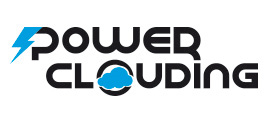
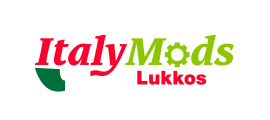
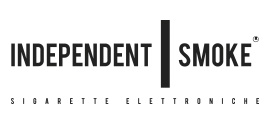
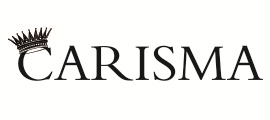
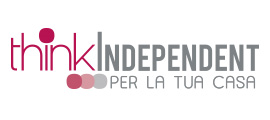
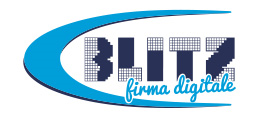
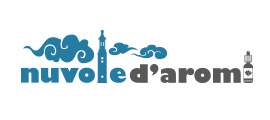
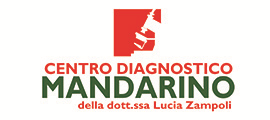
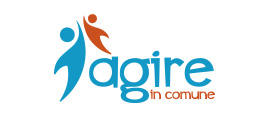
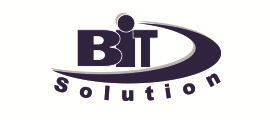
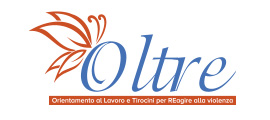
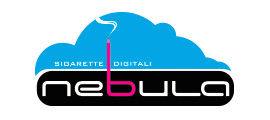
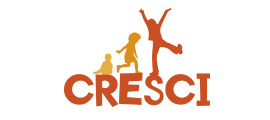
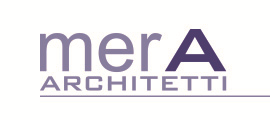
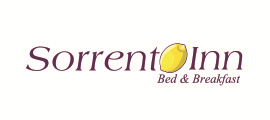
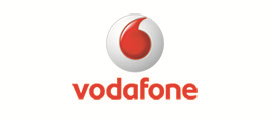
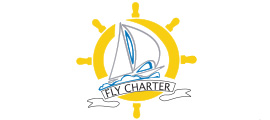
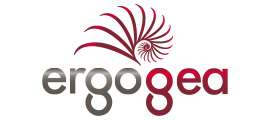
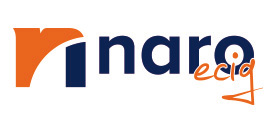
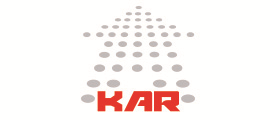
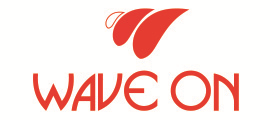
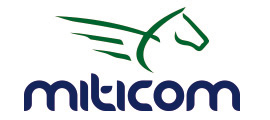
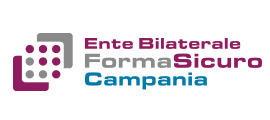
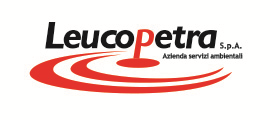
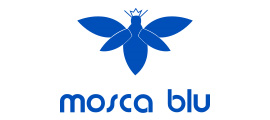
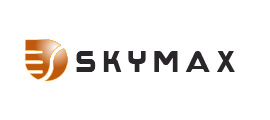
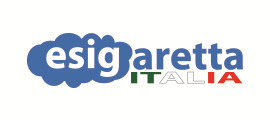
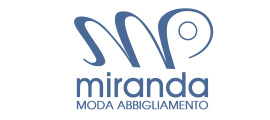
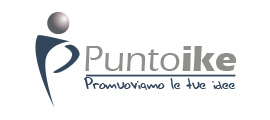
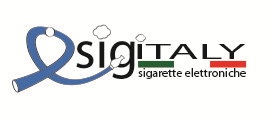
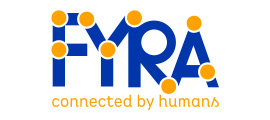
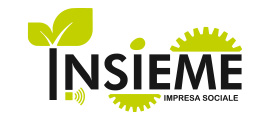
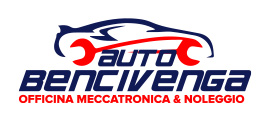
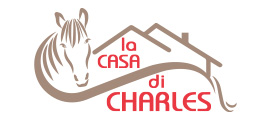
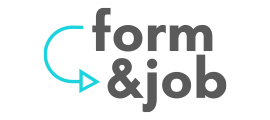
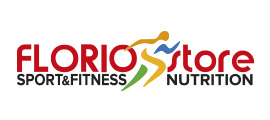
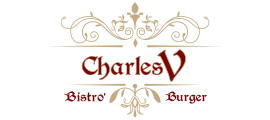
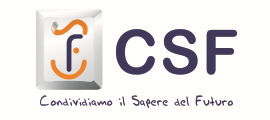
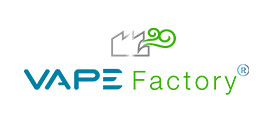
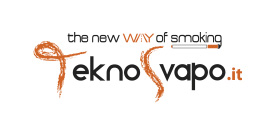
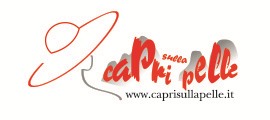
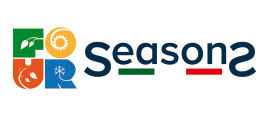
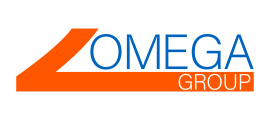



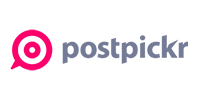

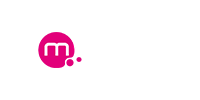


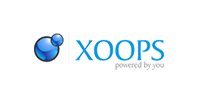



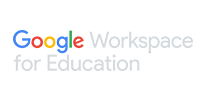

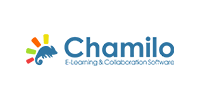
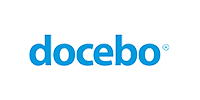



Comments